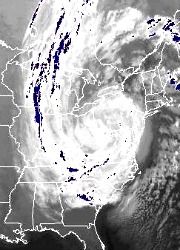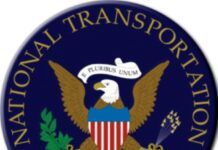
The effects of hurricane Sandy continued to disrupt travel in the northeast on Tuesday, with more than 15,000 scheduled airline flights cancelled, which may be a new record for one event. But while airlines may be grounded for a while yet, that doesn’t mean the skies aren’t crowded. The FAA on Tuesday afternoon asked all aircraft operators to avoid New York’s Class B airspace, 1,500 feet and below, due to extensive disaster relief, recovery and reconstitution efforts, search and rescue, law enforcement and medevac operations being conducted in and around the New York City and Newark metropolitan areas.”Pilots should exercise extreme caution due to low-flying aircraft,” the FAA said.
“Flight crews should remain in contact with the appropriate ATC facility for the area where their operations arebeing conducted to the maximum extent possible. … Pilots should also be particularly alert for possible additional airspace restrictions that may be implemented and check NOTAMs often,” the FAA said. About one-quarter of all U.S. flights move through New York’s airspace, so the disruptions there will affect traffic across the country for at least the next few days, according to The Associated Press. Flooding also affected coastal airports across the region. On Tuesday, the remnants of the storm continued to move northwestward, affecting airports as far west as Pittsburgh, Detroit, Cleveland and Chicago.
Thanks to better technology and changes in the law that fine airlines for extensive delays, most airports in the affected areas are deserted, rather than crowded with delayed travelers. Airlines are quicker to cancel flights in advance and avoid all the problems of stranded and angry passengers. “The last few major storms created such gridlock, and such bad will with their best customers, they just had to shift their behavior,” Kate Hanni, head of the advocacy group Flyers Rights, told The Associated Press. “The flying public would rather have their flights pre-cancelled than be sleeping in Chicago on acot.”


































